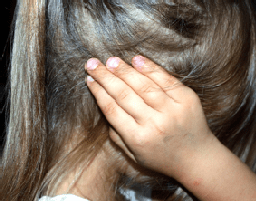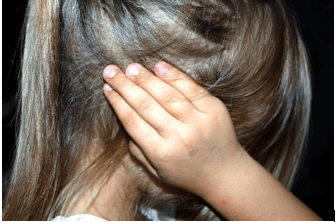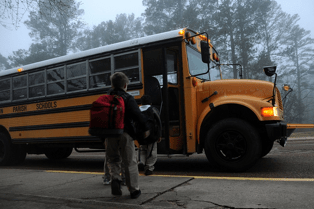What You Should Know About Child Abuse in Schools and How You Can Prevent It


Every child has the right to live in a safe environment that inspires them to give back when they grow older. But what if they’re not safe in school too?
Most of the time, we hear cases of neglect and abuse in children’s own homes. But not often do we hear cases of abuse in school.
However, a study shows that about 10 percent of students from both public and private schools experience maltreatment in school while homeschooled kids are abused at a lower rate. This shows that even the supposed second home of our children isn’t always safe.
Preventing abuse and violence starts with what we teach our children. To make sure that they’re not abused while we’re not with them, especially in school, here are some ways that you can do it.
Ask for Help
First, if you feel like your child is being abused in school, don’t hesitate to call for help. There’s no shame in surviving abuse. The perpetrators are the ones who need to be ashamed of. Experts from www.davidchristensenlaw.com say asking help from a law expert will help you with the case faster. Aside from that, a lawyer can give you pieces of advice on the next steps you need to do.
Spend Time with Your Child
Child abuse is more than just bruises, cuts, or broken bones. Sexual maltreatment, verbal abuse, psychological and emotional abuse are also forms of child abuse. Because you can’t always physically see the effects of it, it is important that parents spend more time with their children while they’re at home. This helps establish a strong bond between parents and children. Through this, your kids will be more comfortable talking to you.
Communicating with your child also helps you know how his day went at school. Was he touched without his consent? Did someone call him names? Was he locked up for extended periods? With this, you’ll know how he was treated by his teachers or his classmates.
Don’t Call Your Child’s Genitals “Pet” Names
It’s kind of awkward to introduce the body anatomy to our children, particularly the reproductive system. Thus, some parents just call their child’s genitals some pet names like “pee-pee,” “sausage,” “girls,” and the likes.
It might sound cute, but you’re actually not helping your child. Correctly naming body parts will establish open communication between you and your child about sex and sexuality. This will also help them feel comfortable speaking up on any issue that they may experience in the future.
For instance, if your child starts to use pet names, you’ll know if there is abuse or grooming going on. This can also help you know who’s doing it as your family uses the right anatomical terms.
Teach Which is Appropriate or Not
To prevent violence and abuse, we should also teach our children which is appropriate and which ones are not. As early as you can, also try to help him understand the adverse effects of what a certain action can do to others.
For instance, teach him that saying a certain offensive word is bad and can negatively affect others. You can also teach your child the concept of consent and boundaries so no one can abuse him and neither will he do it unto others.

Avoid Denial
Whether or not your child says he or she is abused, if your child says there’s something wrong, always avoid denial.
It’s understandable to feel denial if we hear unpleasant and shocking news, especially if your child is abused. It’s common for parents to feel it and become emotional when hearing such news. But as hard as it can be, stay calm and don’t invalidate the issue.
This will make your child feel heard. Additionally, he or she will feel that they made the right decision – and that is trusting you.
Don’t make your child feel as if it’s his or her fault. It takes a lot of courage for victims to speak up about the abuse. Always reassure him or her as much as you can that you take what is said seriously.
Understand Non-Verbal Situations
Sometimes, no matter how much bond we establish with our children, they might still be put in a situation where they become so scared to talk about what happened. Thus, try to observe your child’s behavior too if something has changed.
Child abuse can happen in schools too. And it has many forms. These steps can help you prevent it so it will neither happen to your child nor others.


